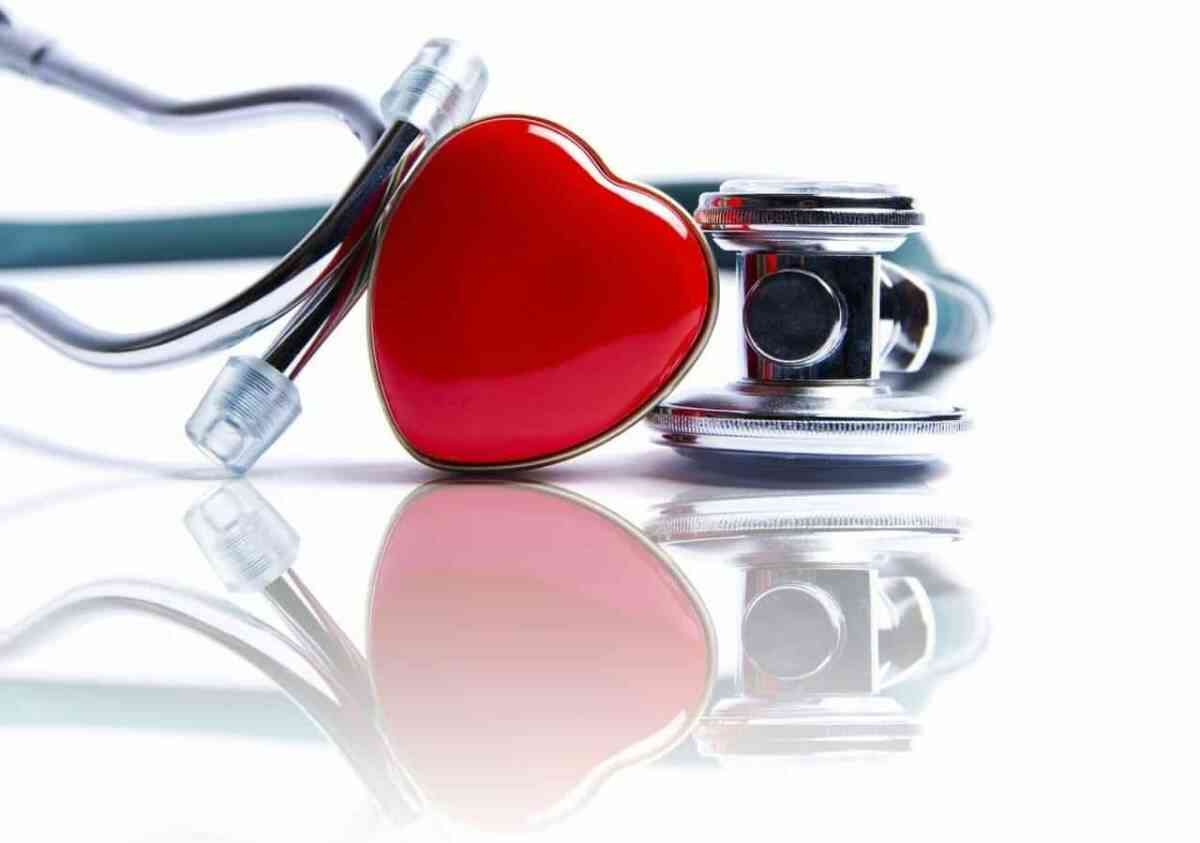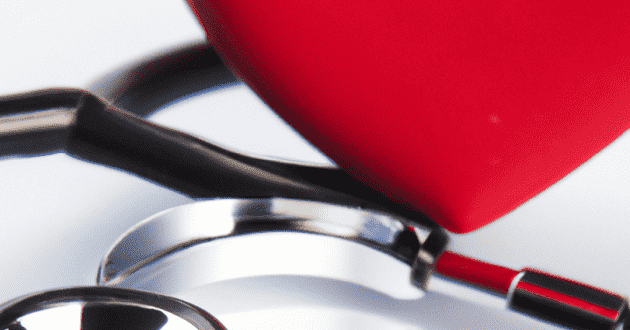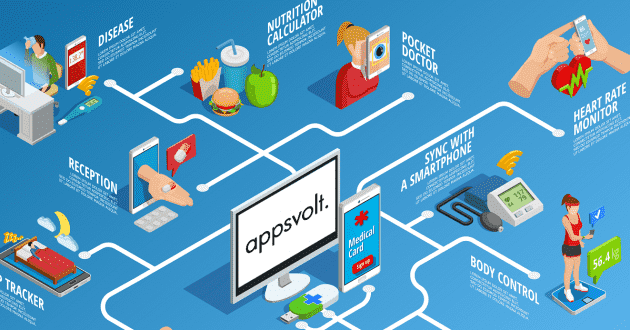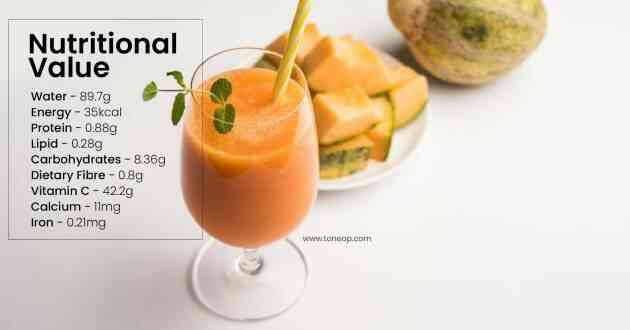5 Things About Recovering After A Heart Attack
- - Category: Diseases & Conditions
- - 26 Sep, 2022
- - Views: 603
- Save

Heart Attack
The biggest cause of mortality in the United States, according to the Centers for Disease Control and Prevention, is heart disease, which claims to take one life every 36 seconds. Fortunately, knowing your risk for the condition and taking precautions to recognize it can help you receive treatment to help you better manage it.
Heart disease can develop as early as in adolescence. Cardiovascular disease has been present for decades by the time a person is diagnosed with it in their 40s or 50s. Because of this, starting in their early 20s, cardio specialists advise patients to schedule yearly visits with their primary care physician. This helps determine your heart disease risk at a younger age.
But what one should do when one could not prevent the problem? And the condition, say, heart attack had already happened? Sure, at the hospital the patient will get professional heart attack treatment. Equipment, proper medications, and total bed rest can make great improvements. The question is, how can one do our best to boost our rehabilitation? Let's take a closer look at this situation.
What is a heart attack?
Heart attacks are a medical emergency that can have a profound influence on your entire life and are often fatal, which is why the expression "serious as a heart attack" was established. But by making healthy lifestyle adjustments and carefully sticking to your doctor's instructions, you can significantly speed up your recovery and aid in the prevention of further heart attacks.
1. Routine changes
It is quite obvious, that bad habits must be forgotten. Smoking and drinking are not for those who want to recover fast. A great method to learn about long-term lifestyle changes that will lower your risk of experiencing another heart incident is through cardiac rehabilitation. To lay the groundwork for a healthy lifestyle despite having a heart problem, talk to your doctor about enrolling in cardiac rehabilitation.
2. Heart friendly diet
According to research, a Mediterranean-style diet rich in olive oil and other healthy essential fats benefits heart attack victims by reducing their risk of dying, experiencing a stroke, having another heart attack, or acquiring a new heart condition. Before making any dietary changes, consult your doctor to ensure that a Mediterranean-style diet is the best option for you.
3. Sex health
It is advised to return to it once you feel you are able. Doctors concur that there is no such research that claims you will increase your chances of another heart attack by engaging in sexual activity.
4. Driving
As long as you don't have any other illnesses or complications that would prevent you from being able to drive, many people are able to resume driving even 1 week after having a heart attack.
Nevertheless, in more serious circumstances, you should avoid driving for a month or more, depending on your unique state.
5. Decrease the amount of experienced stress
Reduce your degree of stress. Heart attacks can be unsettling and frightful. Consult your doctor for guidance on how to handle your emotions. Your risk of cardiovascular disease may be impacted by stress and depression. Following a heart attack, depression and other mood disturbances are frequent. This might be screened for by your family doctor. If discovered, they may provide suitable therapies, such as counseling and prescription drugs.
The bottom line
Some people will recover more quickly than others. Others could require more time. Some people worry that they will experience another heart attack or that they won't be as active as before. Many patients recover completely. Just give it some time. You can experience periods of good health followed by periods of poor health. It's vital not to be too hard on yourself because this is natural.



